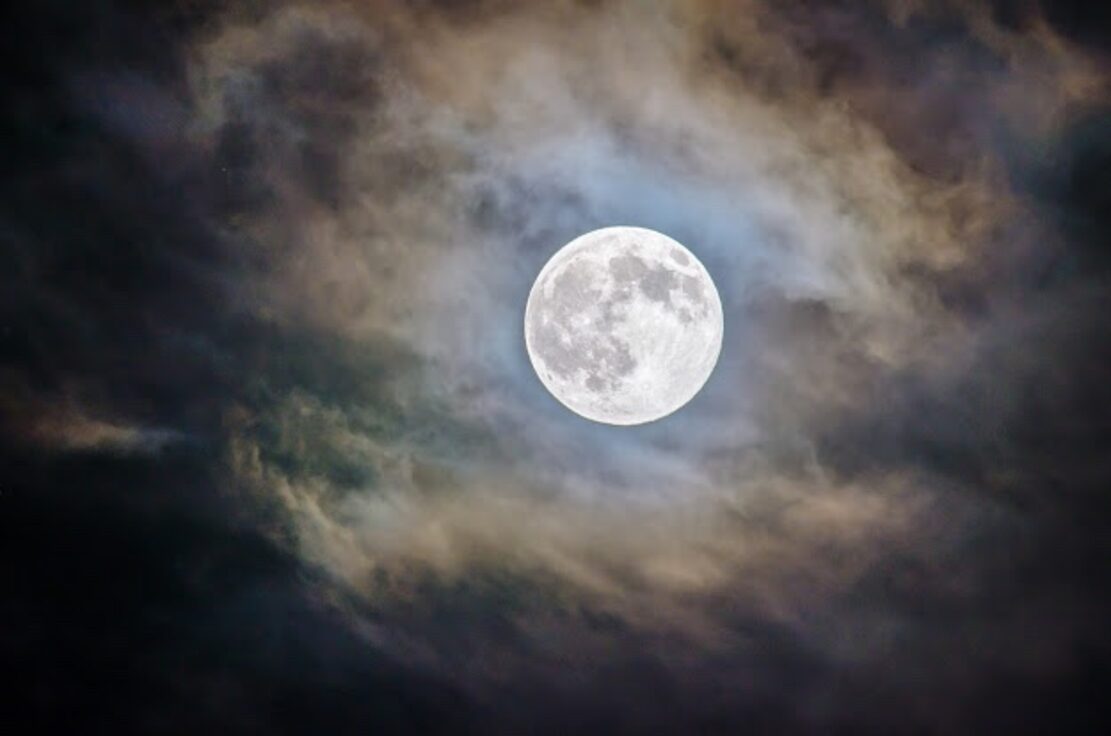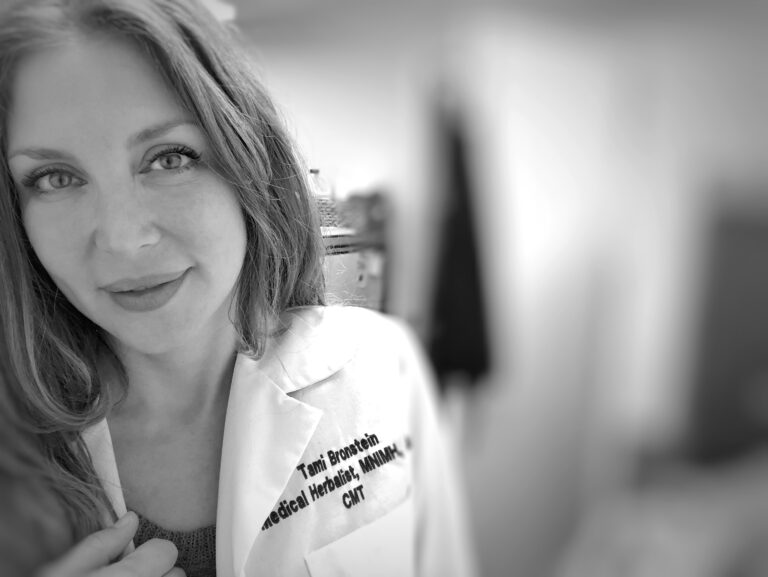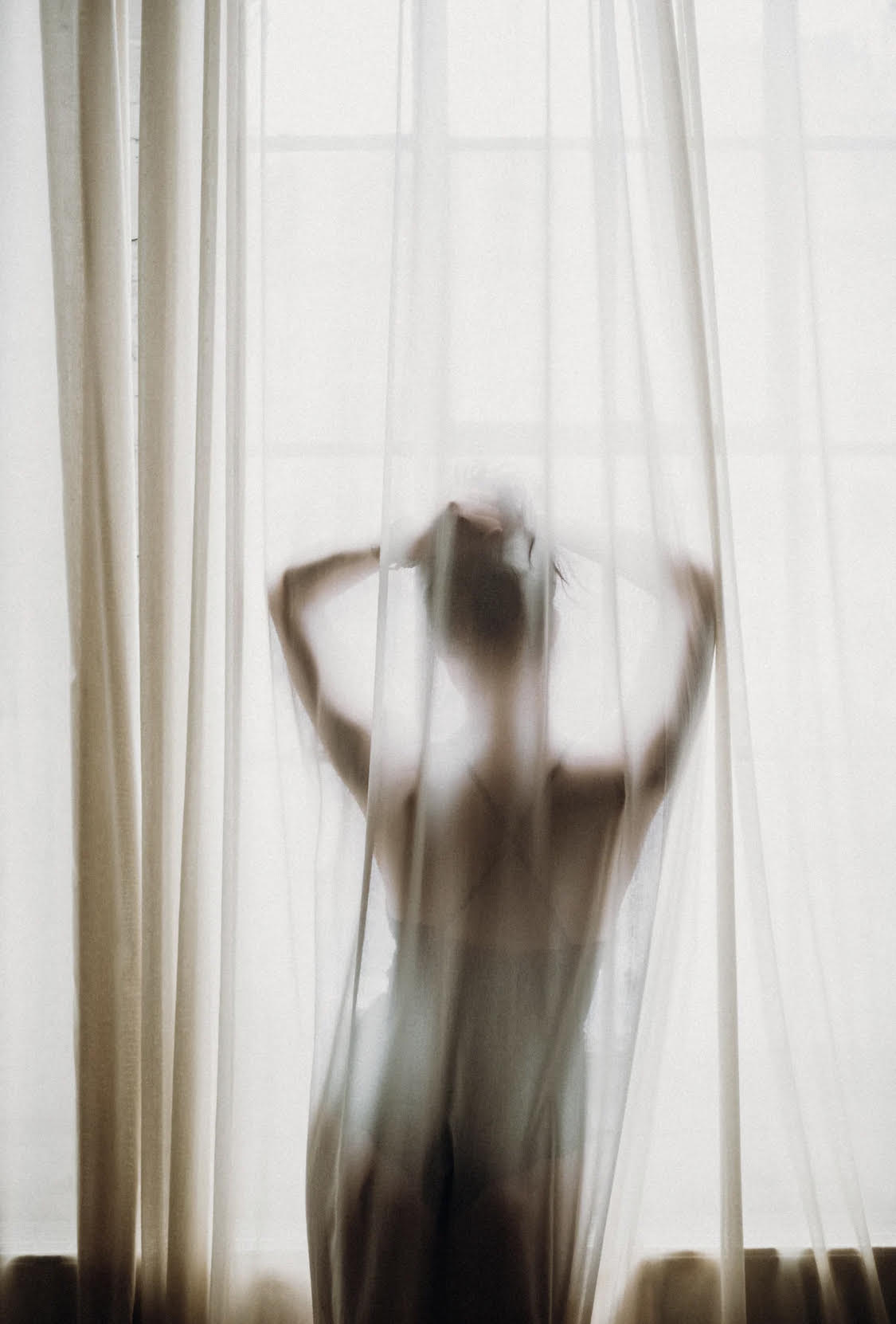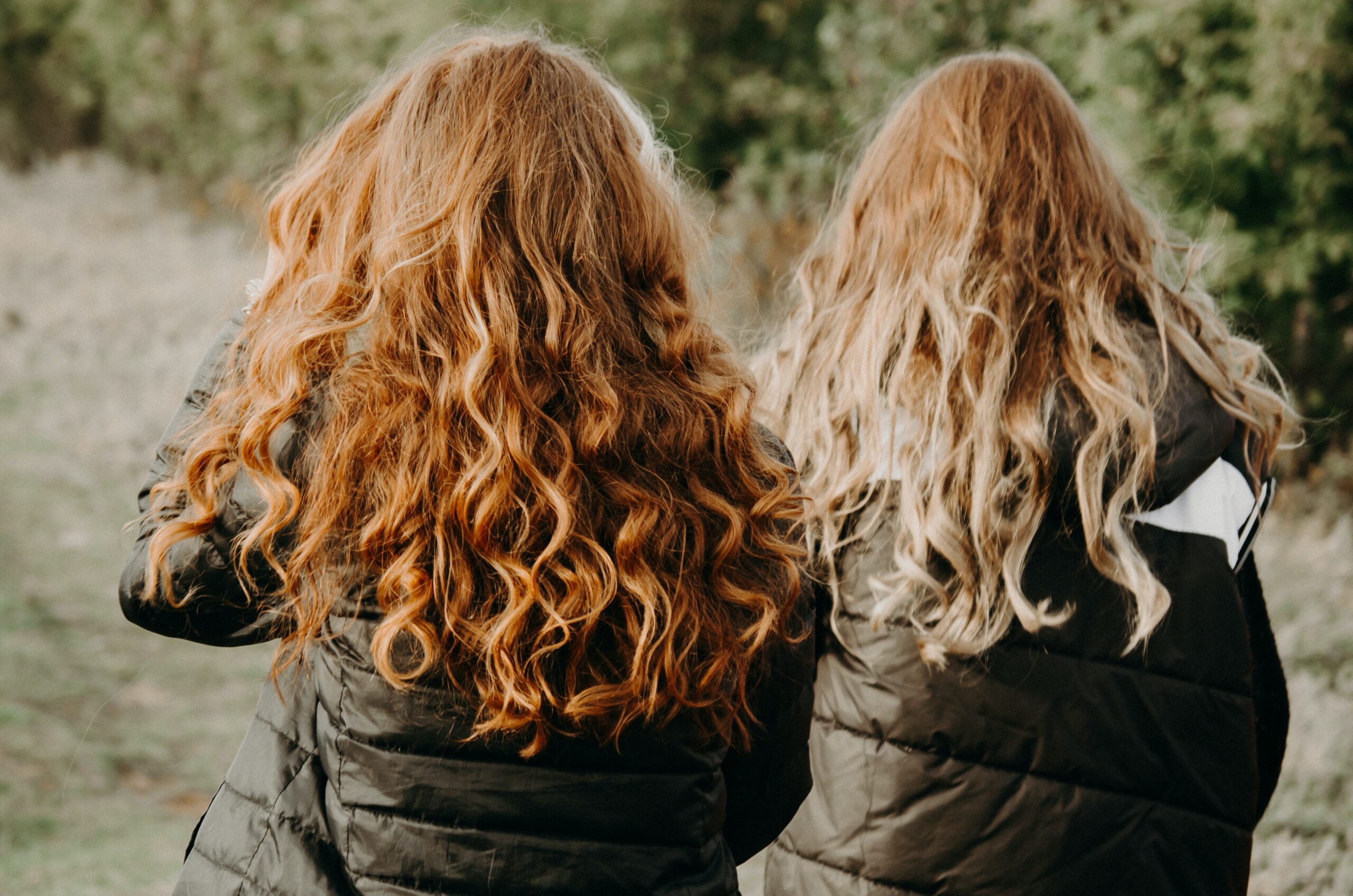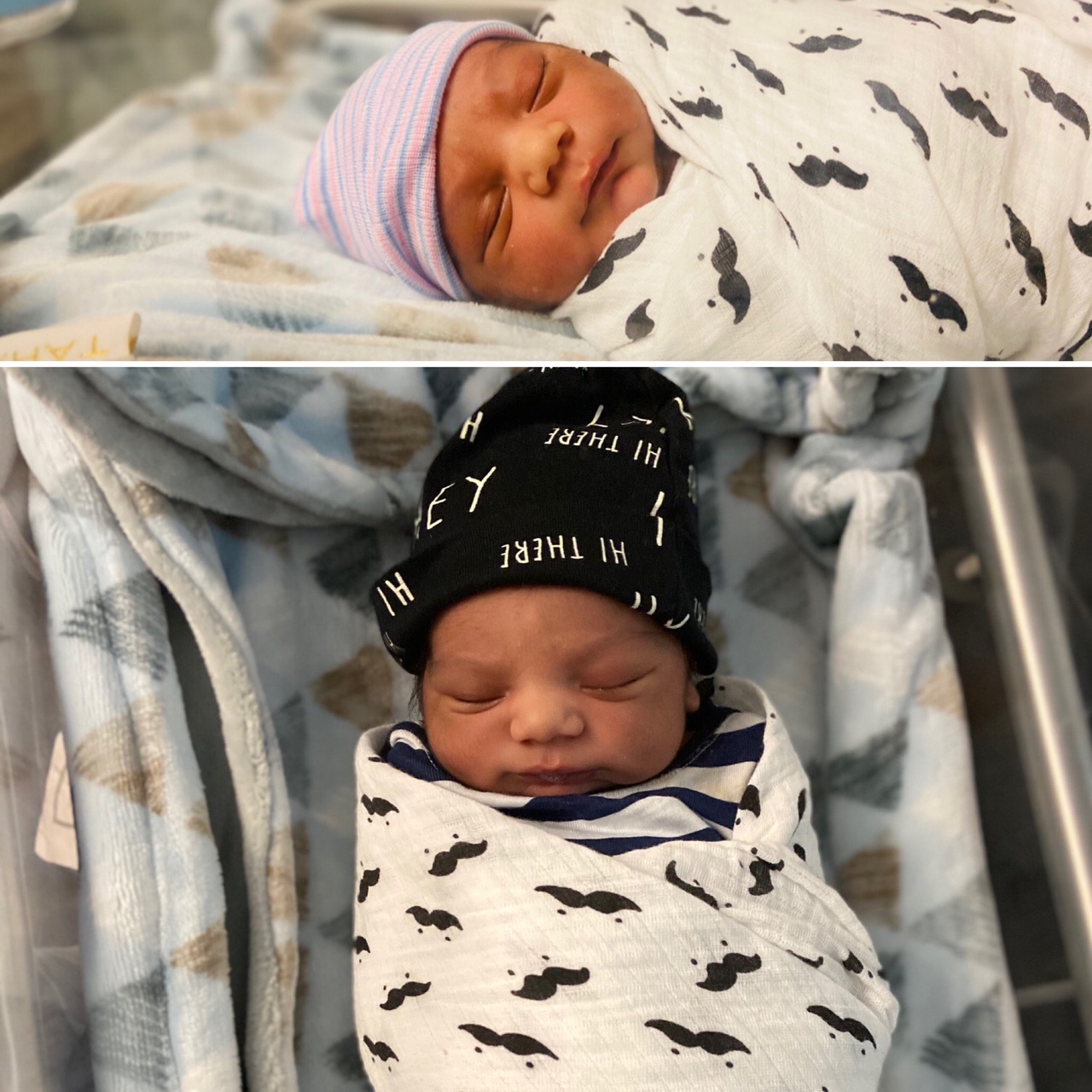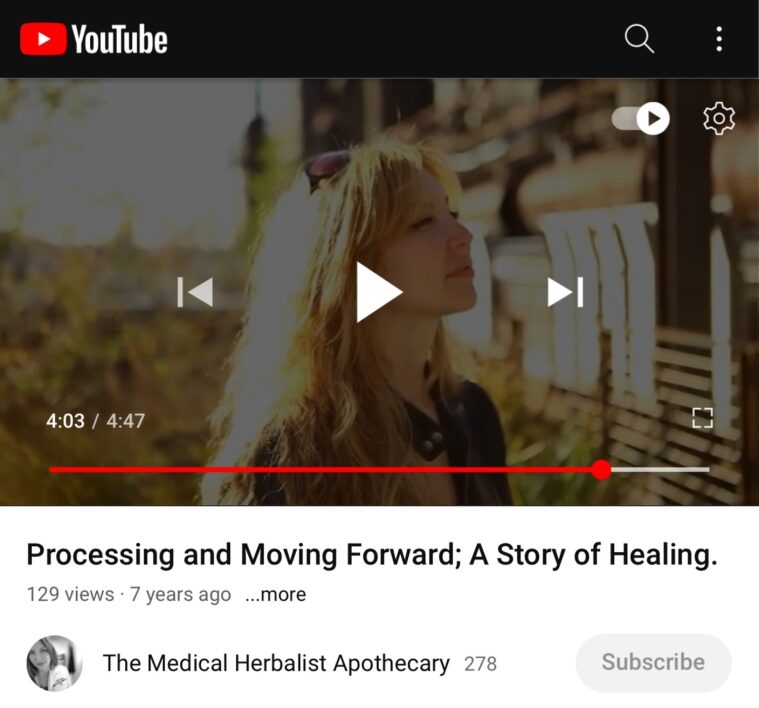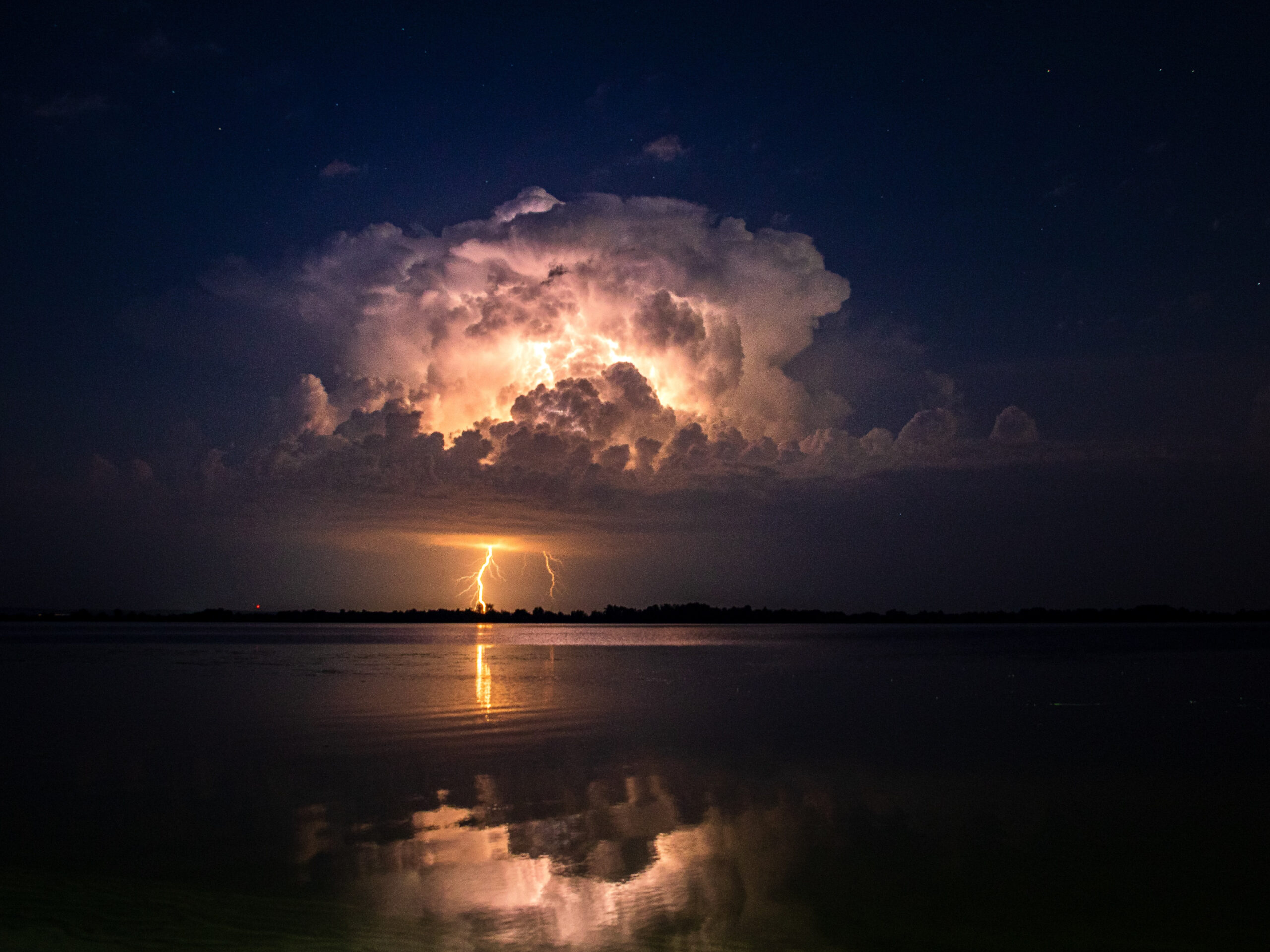SLEEP. We all know how important Sleep is for brain function, hormonal balance, injury repair, mood stability, and metabolism — whether (or not) you know the science of it or how it is influencing your body. It is REAL.
More often than not, quality of sleep is something most Patients wish to improve.
Many of us recently had our “fall back” by turning our clocks back one hour. The impact of these time changes twice per year would require an entire post of its own (and then some!) — so I wish to focus on a different aspect to Sleep Disruption, from a Patient Story perspective.
As I mentioned, the impact of sleep disruption — for whatever reason — has far-reaching impact upon neurological, emotional, hormonal, and metabolic processes. It can be a trigger point that sets imbalances into motion — or it can be in response to an imbalance. (It matters not which came first, because my quest is to dig deep and discover the CAUSE.. and then address it in BOTH directions)
Peeling apart the layers to the cause of a Patient’s sleep issues is complex. It often requires time to get to know the person and deep-dive with honesty into subtle influences that add nuances.
My very first question will always explore foods consumed at and after the last regular meal of the day — as sugars and starches (including “natural” sources) directly instigate sleep disruption, with some common trends in timing. Beyond that, we must wade into the weeds of awareness to discover the primary influences over sleep quality and duration.
Today’s story is something that I found fascinating, early-on in my years of practice.
A patient reported a recurring trend – every 4 weeks – when she seemed to have sleep disturbance. It lasted anywhere from 2-3 consecutive nights.
What was the recurring trend?
A FULL MOON!
That’s right: this celestial body that controls the tides of our oceans, as well as influencing our emotions and brain + body hormones, seems to reveal its influence over our sleep cycles.
While troubleshooting sleep disruption with this Patient — she reported that she tended to have trouble falling and staying asleep in the days surrounding a Full Moon. This case was a bit more complex than simply Full Moon magnetism, so I’ll explain further.
[A Little Backstory]
She had a Full/Complete Hysterectomy in her 30s due to Ovarian Cancer, so we couldn’t match the monthly sleep changes to Menstrual cycles — but we were able to discover the trend alongside lunar cycles. Equally, we had hormonal considerations to factor-into assessment, in completely discerning and working to soften what was happening.
Lunar Influence: Some women are keenly in-tune with the Moon via hormonal cycles — having their menstruation in-sync with these 4-week phases. Curiously, many women give birth in the days surrounding a Full Moon.
Much folklore surrounds the cycles of the Moon — and we are affirming them via science.
On an herbal remedy perspective: Many people reach for popular supermarket teas that promote sleep-inducing herb blends. However, this particular Patient was frustrated when she seemed to feel even LESS sleepy when taking these teas (whether or not it was a Full Moon)!
I had asked her to read me the ingredient list, because I already suspected a specific potential culprit, so I asked about this specific plant.
Lo, and behold!
As it turns out, I was already keen to the potential that some people have an OPPOSITE response to a very popular herb for sleep enhancement: Valeriana officinalis (Valerian root).
It is wildly popular in references as a calming plant (and it IS — for many people and applied for various disruptions beyond insomnia!), however, it is largely overlooked as potentially working against the goals of sleep improvement, in some individuals. We never truly know who will have this atypical response — until we try it and observe.
As a result of this experience and finding other Patients over the years who express the opposite of ‘calming’ after taking a tea or preparation with Valerian root, I end up not reaching for this herb as often when formulating for Individuals.
In fact, it is something I will delay adding to a formulation, applying a number of other options first — notably when they have expressed trying these popular retail teas without success.
In most cases, I don’t ever find a need to reach for it in compounding.
There are plenty of alternative medicinal plants that I will reach for when compounding a custom fluid extract formula for sleep issues — matching nuances of the plants’ activity in the body to other hormonal and metabolic features in a Patient’s medical history.
With certainty, one size does not suit all.
Further, I don’t often provide teas as remedies for insomnia.
Why?
Suffice to say, when you take a dried plant and consume what you can extract merely through steeping in boiled water or cooking the plants in water for a period of time, you pull out mainly the water-soluble components from the plant.
This leaves behind many of the active and medicinal fat-soluble, resinous, or volatile components (so its only the partial therapeutic picture of a plant)!
For providing all of those medicinal components with more reliable concentrations, I apply extracts created more comprehensively than simply boiled water — and far beyond a simple alcohol+water “soak and press” tincture.
What does that mean?
I apply small-batch, non-factory extraction methods to optimise concentration of the entire plant (or portion of the plant) in its naturally occurring balance of nutritive + medicinal components. This provides more reliable effectiveness with far less volume, no cooking time for the person who simply needs to get restorative sleep, or excessive water intake before bedtime that can make for frequent urination at night!
Teas are lovely and can have gentle effect for a variety of simple needs — however, for a number of reasons — they are best used as a complement to support, understanding they are less effective and require more preparation than using concentrated extracts.
It is safe to say that every month as we near a Full Moon, I anticipate many who will have less affinity toward sleep up to 2 days before and 2 days afterwards.
I originally wrote this post on a Full Moon at Halloween (October 2020). Many likely felt quite emotionally stimulated that night, following with a sense of “jet lag” for a couple of days afterwards — SO REMEMBER:
We “have an [herbal] app for that” if you feel like a Zombie long after a Full Moon!

